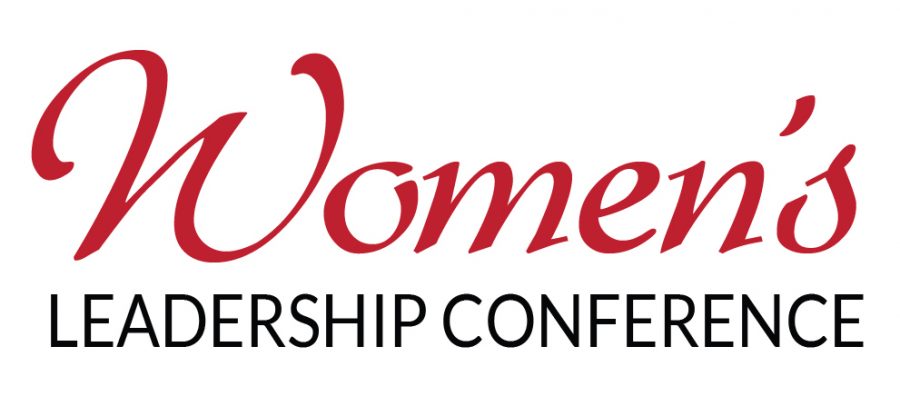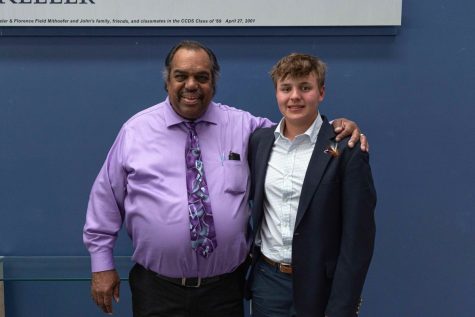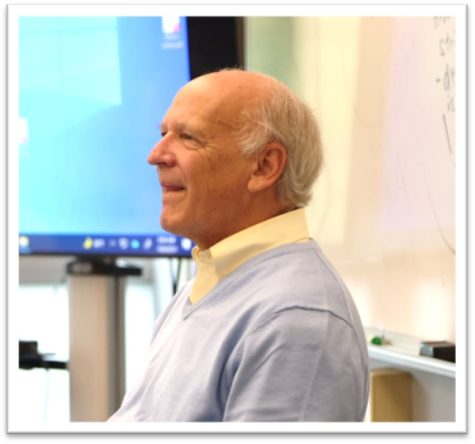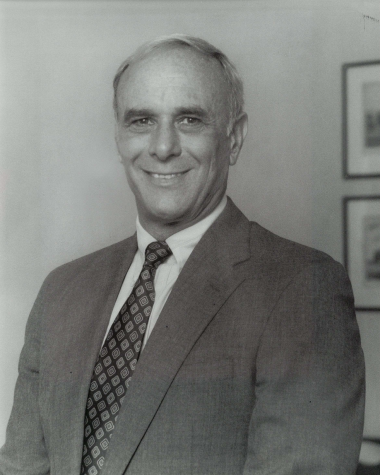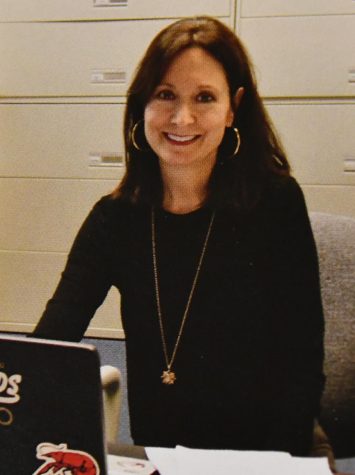What I Learned from The Women’s Leadership Conference
December 16, 2018
On October 25th, I had the opportunity to attend the Woman’s Leadership conference. While the conference was mainly for 400 adult attendees, about 50 high school girls were invited to participate. Spending a day doing nothing but eating free food was great in its own right, but the lessons I learned about the “myths” holding women—and men—back were eye-opening.
The day began in the Proctor & Gamble lobby, where we clustered together for the customary Country Day Twitter picture. We then met the professional buddies who would accompany us throughout the day. My buddy was a twenty-two year old college student, and we quickly clicked. To pair each high schooler with an adult was a great move on the part of the organizers—not only did I have someone to guide me through the conference (which could honestly be overwhelming) but I had a friend to turn to whether I had stupid questions like, “do you really eat ramen during college?”
Though the conference was fantastic, the most disappointing part was the coding exercise, which was led by…a man. While I have nothing against being taught computer science by males (hi, Mr. Twyford), the Conference’s later commandments of “we need more women in the tech field as role models” rang hollow when, during a Women’s Leadership conference, the lead of an computer science exercise—a field highly unrepresented by women—was male. However, the exercise was fun, and my group had a lot of fun manipulating images to make “art.”
The succeeding presentations soon restored my faith in its organization. Tiffany Duffu, a wonderful speaker, presented for about fifty minutes in a Ted Talk style about how women need to “drop the ball”—to let go of the things society says are necessary to be good daughters, good mothers, or good women. By changing the definitions of what makes a good father or good mother, such as that a man’s sole purpose is to be the breadwinner of the family, or that women are the only ones who can take care of kids—both women and men have more flexibly to and pursue things what makes them happy. She also emphasized guilt, and why this guilt– about failing to be a “good mother”, “good daughter”, “good wife”, needed to be abolished.
For me, the most powerful part of the conference was the board discussion, which addressed the myth that there are not enough qualified women in professions to fill CEO positions. The numbers proved this to be completely false; there are many qualified women, they are just hindered–whether by poor maternal leave, family obligations, or simply a company’s preference for male leadership (read: sexism). To see women on the board in positions of power was reassuring—although it’s sad that I needed to be reassured. Perhaps it’s because we don’t talk about female CEOs, CFOs, COOs—but I was surprised when I found out the CFO of GE was a woman. And not a woman that had most of the male-stereotype leadership qualities—being loud, talking over people, etc. She emphasized how she was quiet and listened more than she talked. And it clear that she was an incredibly potent and powerful leader (obviously, if she ended up as the CFO).
The Leadership Conference opened up discussions within my own family. One of the big things pressed in the conference was the lack of maternity leave. Though I knew my mother had advanced quickly in her first job as a software developer—and was eventually offered a position as a manager—once she had her first kid, her position stagnated. I had always assumed that she hadn’t been doing as much work, and that was why she didn’t get promoted. My assumption was completely false. Even though my mom was working part time, she was offered multiple promotions multiple times. But she turned them down every single time–and not because she didn’t want the position. The poor maternity leave offered and non-existent flexibility for working from home meant my mother literally had to choose between career and raising kids. Not wanting to let a stranger take care of us for the first few months of my life, she chose taking care of her kids. This lack of maternity leave and of flexibility, she says, “is something that I still regret.”
Being able to discuss these issues at the conference, and then at home, was the most lasting part of the conference and ushered change for me. It was eye-opening getting to spend a day with so many successful women. I saw how far we’d come, and how far we still have to go in ensuring that women have equal opportunity in the workplace. And we shouldn’t be afraid of that. Whether at home, in the workplace, or even at CCD, if we all work to dismantle the myths holding women back, we will all–male or female–benefit.



